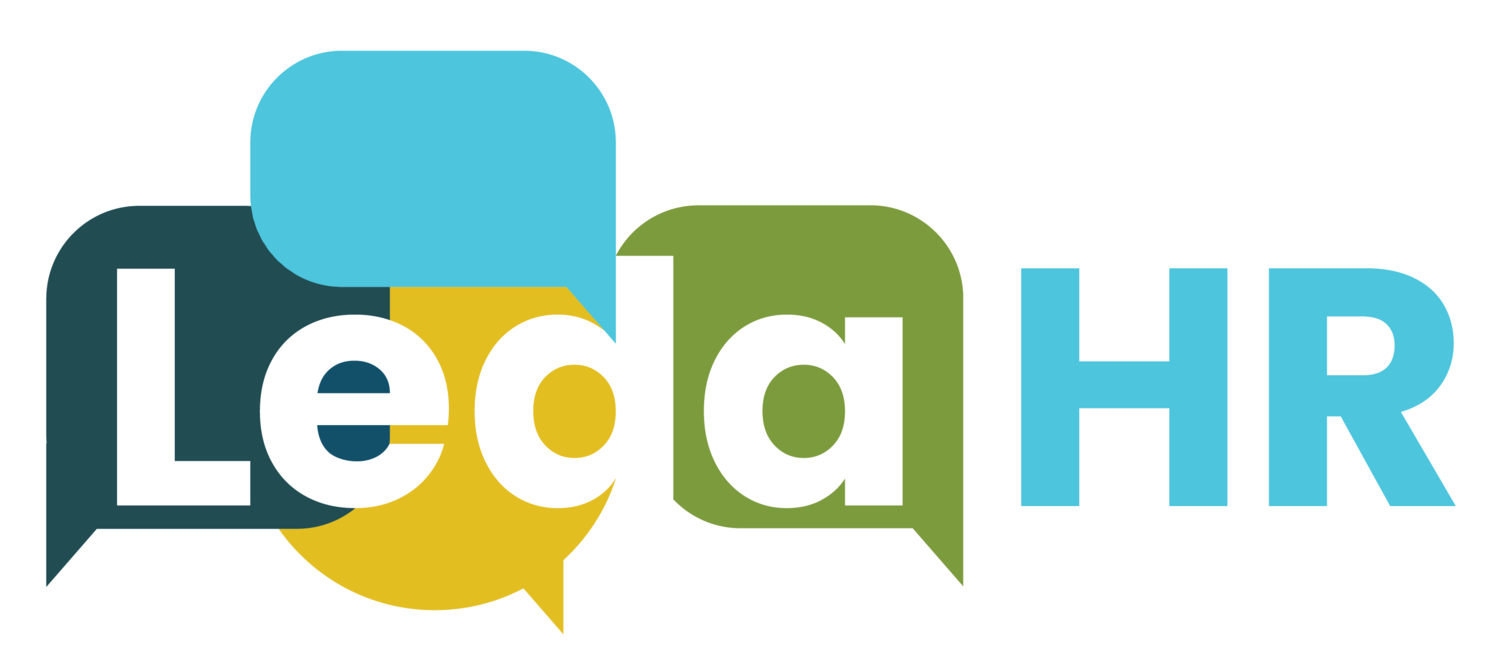Working While Grieving
Photo credit: Canva.com
By Saffina Jinnah
It strikes at any time. A lingering scent in the stairwell. A sip of steaming hot ginger chai during my break. A Shah Rukh Khan song while I type up reports. And suddenly I am overwhelmed. Heavy. How? Why? I was just in a meeting. Smiling. Listening. Everything was okay.
But grief strikes at any time. Grieving is a lengthy process. All-encompassing. One minute, you may have the most productive day. In fact, work may be a welcome distraction. But within minutes you are frozen.
In 2020, I lost three paternal aunts/uncles in three months, and five within a year. Due to the pandemic, there were no goodbyes, no funerals, no hugs, no closure. Essentially, I did not and still have not fully felt or absorbed this loss.
Recently, my maternal grandfather passed away. And while we were permitted visits, last rights, funeral services, and gatherings to mourn in the days following, death of a loved one, at any age, at any time, is painful.
Finding support and selfcare
During these times, we often lean on family and friends. I found myself connecting with family I had not seen in years. Sharing stories and reminiscing of times once had. Friendships that were as regular as my morning coffee that slipped away over time suddenly returned, we simply picked up where we left off.
And it is most often that, in times of grief, I even find myself exploring religion. Seeking comfort in spirituality, repetition of prayer, or just seeking a greater meaning to such profound loss.
This time around, I even found myself in nature. I am a city girl. But the solitude. The quietness. The peace. These are things you simply can’t get in the city. I spent two nights alone on Bowen Island. I explored areas I had never been to before.
Generally, there are two responses to death; to grieve, feel the pain, and every emotion that comes with it; and the other is to survive. Perhaps like many, I went through a combination of both; the need to be alone yet the want to be surrounded by others. The need to cry yet not be defeated. The need to move on yet not wanting to.
Yet, in the end, work is where I spend most of my time. Forty hours a week, if not more. So much of our identity is shaped by our career. Despite our best efforts, our careers and places of work have come to shape us and often fulfill many of our mental, emotional, and social needs.
Perhaps recognizing this, corporate culture is changing, promising employees meaningful work, a sense of belonging, purpose, and most notably, a sense of community.
Grief in the workplace
Grief is a universal human experience. Current modern workplace culture is learning to recognize this. A workplace culture that acknowledges that there is life beyond the nine to five, one that demonstrates a community of care, with relationships based on trust, can help those grieving to feel comfortable in communicating their needs.
The most common approach to bereavement is to provide the employee grieving with time off to process their loss with the hope and expectation that they will return to work and be back to business as usual.
But it isn’t business as usual.
The impulse to react and resolve is what drives leaders. But alas, grief is unrelenting and cannot be resolved. For your employee to perform their best, recognize the time they will need to grieve, in the immediate aftermath, as well as unexpectedly throughout their tenure.
Minor things throughout the workday continue to remind me of my loss, causing sadness. And then suddenly things that seemed important no longer are. Urgent deadlines are no longer pressing. I lose motivation. But it comes back. Some days are better than others.
Finding ways to continue forward with your life doesn’t mean your pain will end. We carry our losses throughout life, and they become a part of who we are. The day to day. The mundane. The exciting. The nine to five.
Be honest with yourself and your team.
At 10am you feel okay.
At 10:18am you have a meltdown.
You think about the day they died.
The day before.
The day after.
Where were you? What were you doing?
You google their cause of death.
You google them.
You look at pictures.
Desperate for it not to be true.
Then you catch yourself.
10:20am.
Two minutes feels like two hours.
Ring. Ring.
A work call.
An email.
A dose of reality.
Until it starts over again.
Are you or someone you know grieving a loss? Learn more about grief and find supports here: CAMH (The Centre for Addiction and Mental Health)
Saffina Jinnah is a brown girl living in Vancouver, BC. A first generation Canadian, her parents are from Uganda. In her day-to-day life she works in non-profit funding, is an active volunteer, and loves to read in coffee shops sipping something over-sweetened and over-caffeinated. You can read more of her writing at Confessions of a Brown Girl.

